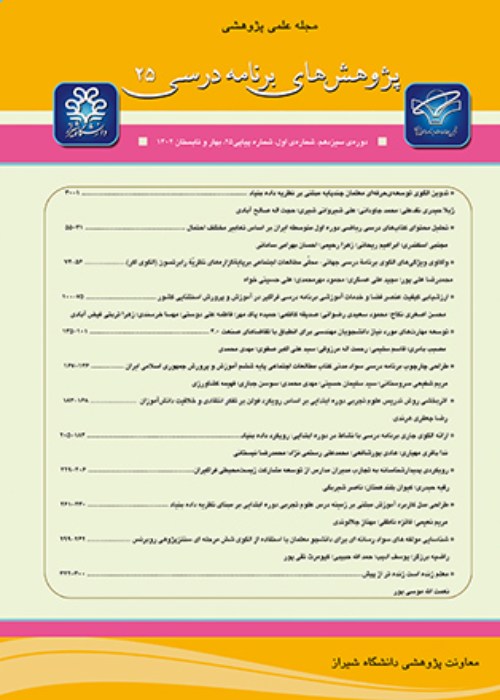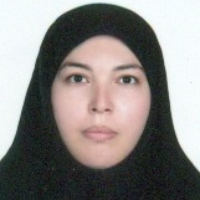Introduction of an Executive Model of Teaching and Learning English in the Iranian Education System
In our contemporary world, knowing English, as a global language, is a necessity because it allows people across the world to share their experiences and keep themselves up to date with the latest developments in the world. The expansion of communication between different countries, on the one hand, and the development of mass media and the emergence of the concept of ‘global village’, on the other hand, highlight the need for learning English, as a lingua franca, to communicate with other people and communities in the world more than ever before. Therefore, since this global language facilitates interaction with the world, learning English has been identified as a major priority by many people across the world. This necessity is most noticeable in educational centers. However, various studies have shown that most students in Iran are not able to use English correctly or establish a simple communication in English though they spend many hours in school learning English. Similar to school students, university students are not able to communicate in English, and the status of English among university students is as unfavorable as is among school students. Despite the fact that English is the dominant language in various fields of science, most students in various fields of study do not pay enough attention to learning English. Although English language teaching in Iran officially begins at school, it seems that pupils have difficulty learning and using it effectively. Basically, there is a big gap between what is and what should be. Therefore, the present study aimed to introduce an executive model, informed by English language teaching experts, for improving English language teaching in the Iranian education system. Undoubtedly, examining the situation of English language teaching in a country as large as Iran with more than fourteen million school students and nearly four million university students is of great significance and can cast light on some important and practical issues surrounding language learning and teaching. English is mentioned in the national curriculum of Iran and is referred to as one of the eleven areas of education and learning. The present study, as an applied research, adopted a qualitative approach to study the English language teaching and learning in the Iranian education system using a datadriven method. This study, by adopting an exploratory (inductive) approach, sought to develop and introduce a data-driven model. Since the existing models and theories offer no convincing explanation for the current situation of English language teaching and learning in Iran, this study aimed to bridge this gap by exploring English language teaching and learning in the Iranian education system. The study population included English language instructors at three levels, including school, university, and private English language institutes. Accordingly, a reference and specific group of 27 teachers who, according to administrators, language learners, and language learners’ parents, had considerable skill and expertise was selected. Of these teachers, 11 were school teachers, 5 were university teachers, and 11 were language institute teachers. The data were analyzed and 158 open codes were identified. These codes were categorized in the form of causal factors (individual, pedagogical, ecosystemic), contextual factors (family conditions, macro strategies of the education system, peer group and colleagues, requirements for achieving scientific and professional goals), intervening factors (the status of the society, resources and facilities, the interest in and understanding of the need for teaching/learning English reflected by educational and cultural authorities, the general attitude toward foreign languages), central phenomenon (English language teaching-learning process), strategies (the national and transnational approach to education, infrastructure development, creation of new insights into foreign languages), and consequences (realization of the expected goals of the education system, motivated and efficient human resources, any new language, familiarity with a new world). The proposed model of the process of teaching and learning English in the Iranian education system is hoped to provide researchers, English language teachers, and, most importantly, decision- and policy-makers with various strategies to improve the learning and teaching of English in the Iranian education system. The results of interviews with experts showed that the realization of an appropriate approach to teaching and learning English in the Iranian education system required complex conditions and equipment as well as coordination and communication between various stakeholders. The diverse needs and goals of different language learners in different age groups with different educational contexts, as well as the inadequate provision of appropriate conditions and facilities for teaching foreign languages in Iran, in which English is not treated as a second language, implies that the road ahead is bumpy. Finally, the complex social and political realities of Iran require comprehensive and extensive language planning, in which the concerns of English language experts and teachers are addressed.
- حق عضویت دریافتی صرف حمایت از نشریات عضو و نگهداری، تکمیل و توسعه مگیران میشود.
- پرداخت حق اشتراک و دانلود مقالات اجازه بازنشر آن در سایر رسانههای چاپی و دیجیتال را به کاربر نمیدهد.



